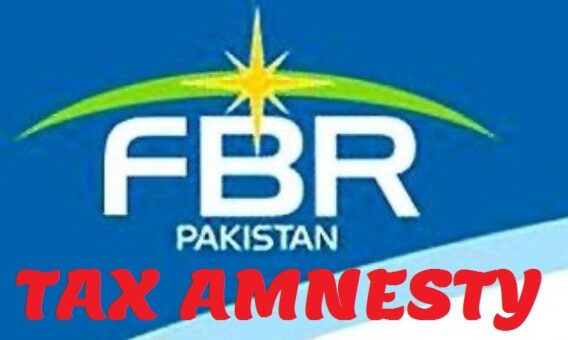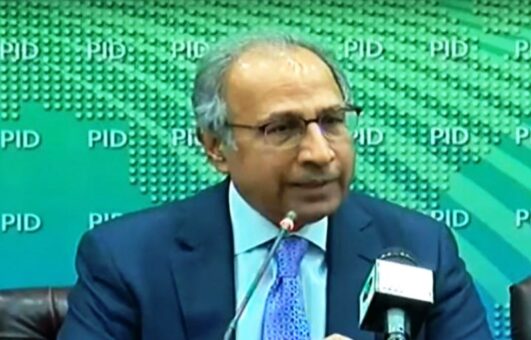KARACHI: The equity market ended down by 325 points on Thursday following decline in global stock markets and ease in international oil prices.
The benchmark KSE-100 index of Pakistan Stock Exchange (PSX) closed at 33,710 points as against 34,034 points showing a decline of 325 points.
Analysts at Arif Habib Limited said that the market followed the downtrend witnesses in global stock markets, especially taking negative effect of international crude prices that shed US$3/bbl overnight.
E&P, O&GMCs and Refinery sectors sustained price loss. Cement sector stocks showed some price performance on the back of anticipated increase in cement dispatches in the ongoing month. Overall, selling activity was observed across the board.
Post session, SBP announced further rate cut of 100bps to 7 percent, which does give an explanation for a more than usual negativity in the banking scrips, particularly in HBL, MCB and BAFL.
As have been the practice during the past few sessions, institutional investors are seem more interested in moderate closure to FY20 and therefore execute trades of marked-to-market nature than even driven trades.
Technology stocks again led the volumes with 51.7 million shares, followed by Cement (15 million) and Refinery (11.4 million). Among scrips, WTL came forward with 19.5 million shares, followed by HUMNL (13.4 million) and TRG (12.5 million).
Sectors contributing to the performance include E&P (-86 points), Banks (-55 points), Power (-39 points), Food (-39 points) and Fertilizer (-30 points).
Volumes declined from 195.7 million shares to 168.4 million shares (-15 percent DoD). Average traded value also declined by 9 percent to reach US$ 31.5 million as against US$ 34.5 million.
Stocks that contributed significantly to the volumes include WTL, HUMNL, TRG, PRLR1 and KEL, which formed 37 percent of total volumes.
Stocks that contributed positively to the index include DAWH (+12 points), EFERT (+9 points), COLG (+5 points), ABOT (+3 points) and SRVI (+3 points). Stocks that contributed negatively include HUBC (-37 points), NESTLE (-35 points), OGDC (-34 points), MCB (-30 points), and PPL (-27 points).








